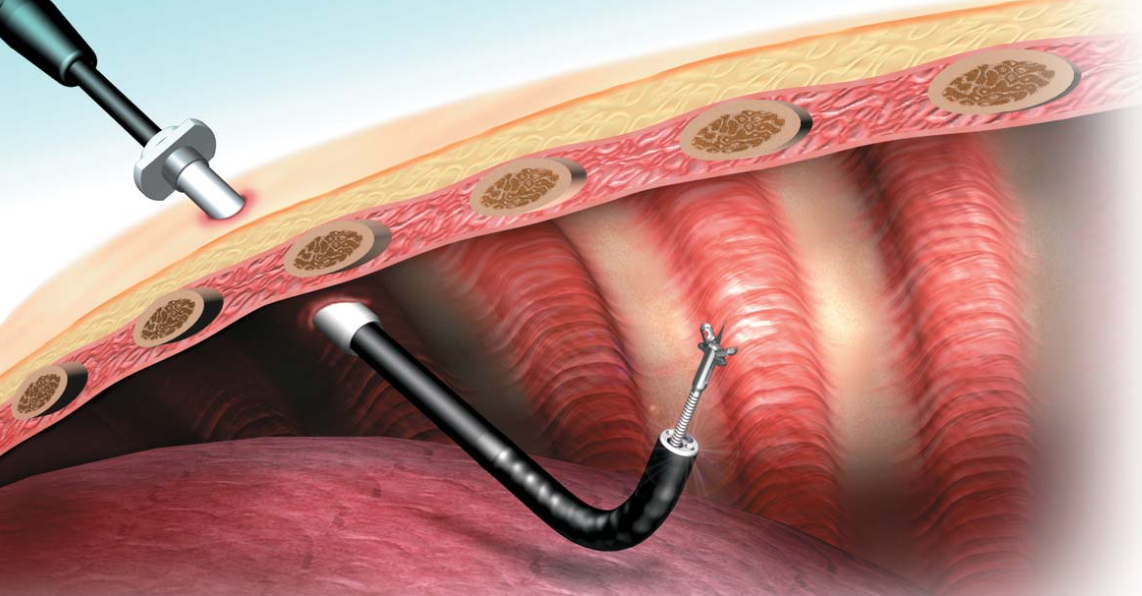
Thoracoscopy is a minimally invasive procedure used to examine the chest cavity. Doctors insert a thin, flexible tube with a camera through a small incision. This tool, called a thoracoscope, helps visualize the lungs, pleura, and other thoracic structures.
Doctors use thoracoscopy for diagnosis and treatment. It helps identify pleural effusions, tumors, infections, or unexplained chest pain. Biopsies can be taken during the procedure. It’s often an alternative to open chest surgery.
Thoracoscopy offers smaller incisions and faster recovery. In contrast, thoracotomy involves a larger surgical cut. Patients undergoing thoracoscopy experience less pain and shorter hospital stays. Complication rates are also significantly lower.
These applications make it a valuable tool in modern thoracic medicine.
Before the procedure, the patient receives general anesthesia. A small incision is made between the ribs. The thoracoscope is inserted to explore the chest cavity. Depending on the findings, doctors may perform a biopsy or therapeutic intervention.
The procedure usually takes less than an hour. Once completed, a chest tube may be placed to drain fluid or air. Patients are closely monitored afterward.
Most patients recover quickly. Hospital stays typically last one to three days. Mild discomfort and swelling near the incision are common. Pain management and rest are essential during the first few days.
Avoid heavy lifting and strenuous activity for a few weeks. Follow-up appointments help monitor healing and review lab results. Recovery time varies based on the individual and the reason for the procedure.
While thoracoscopy is generally safe, complications can occur. These may include:
However, risks are much lower compared to traditional surgery. Early detection and proper care minimize long-term issues.
Its benefits make thoracoscopy a preferred choice for many thoracic conditions.
If imaging tests show unexplained abnormalities, your doctor may suggest this procedure. Persistent fluid in the lungs, pleural thickening, or suspicious masses warrant direct examination. Timely thoracoscopy can prevent disease progression.
Thoracoscopy has transformed chest diagnostics and treatment. It combines precision with minimal invasiveness. Patients benefit from shorter recovery times and fewer complications. For many, it offers a safe and effective solution to complex thoracic problems.
Copyright © All Rights Reserved, By Dr. Harsh Vij